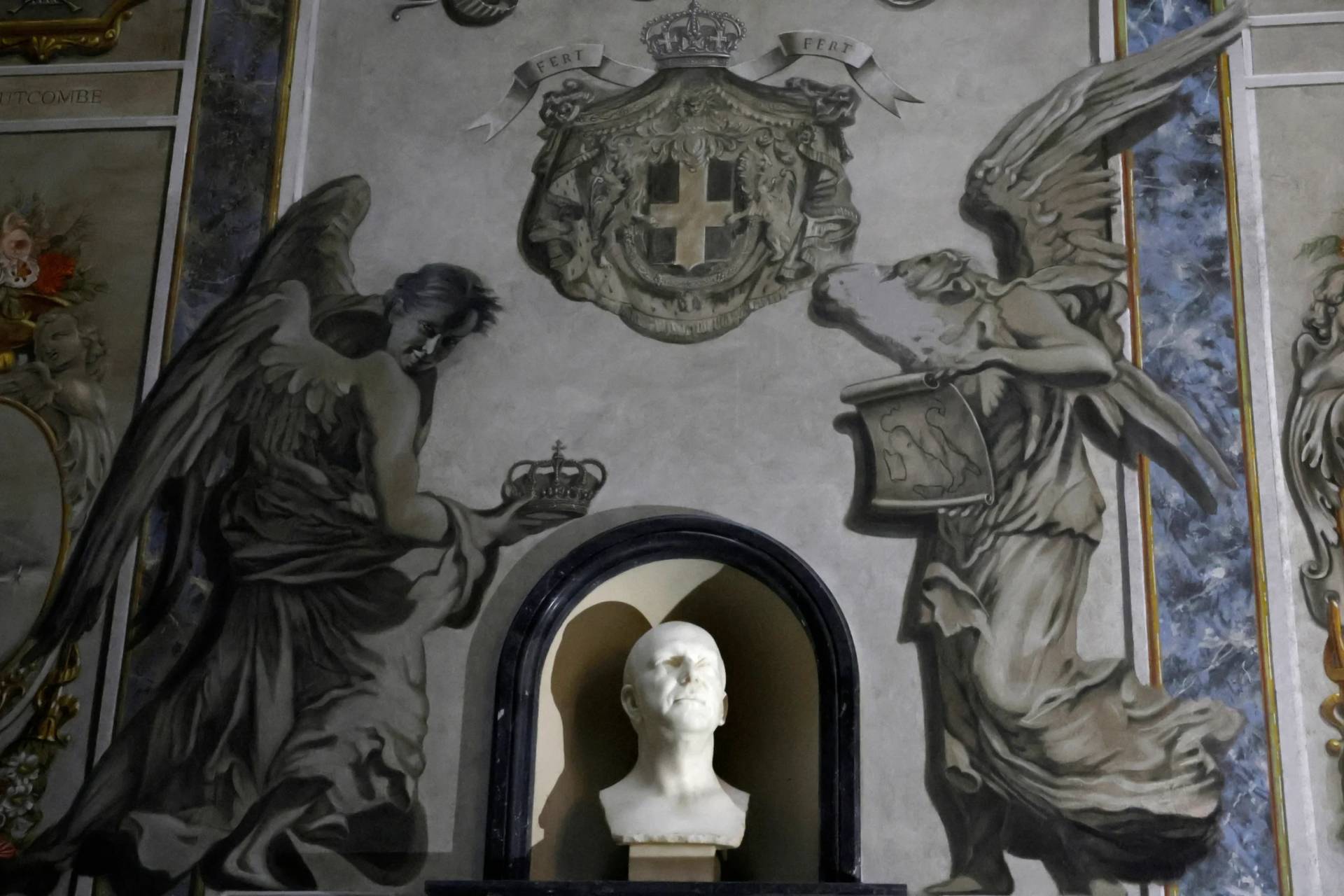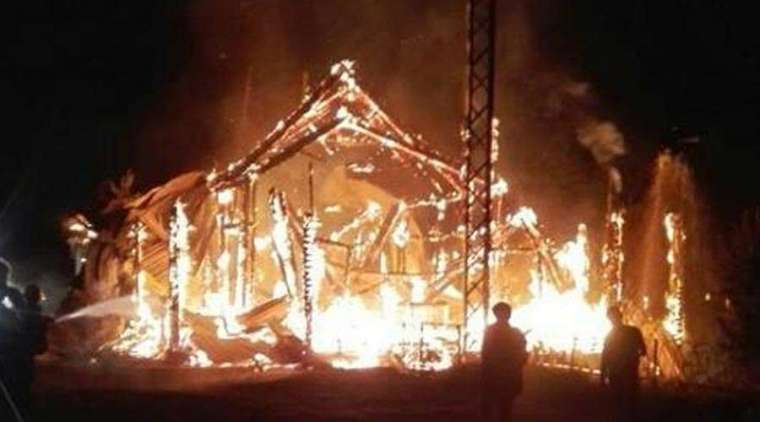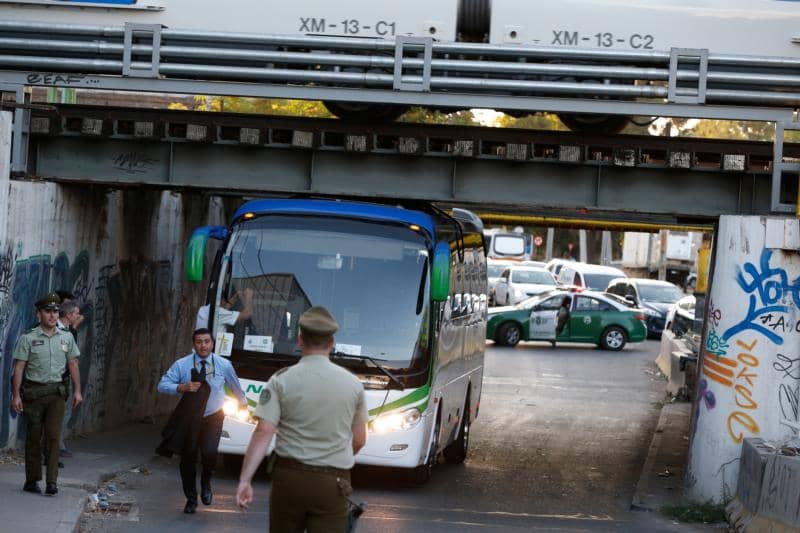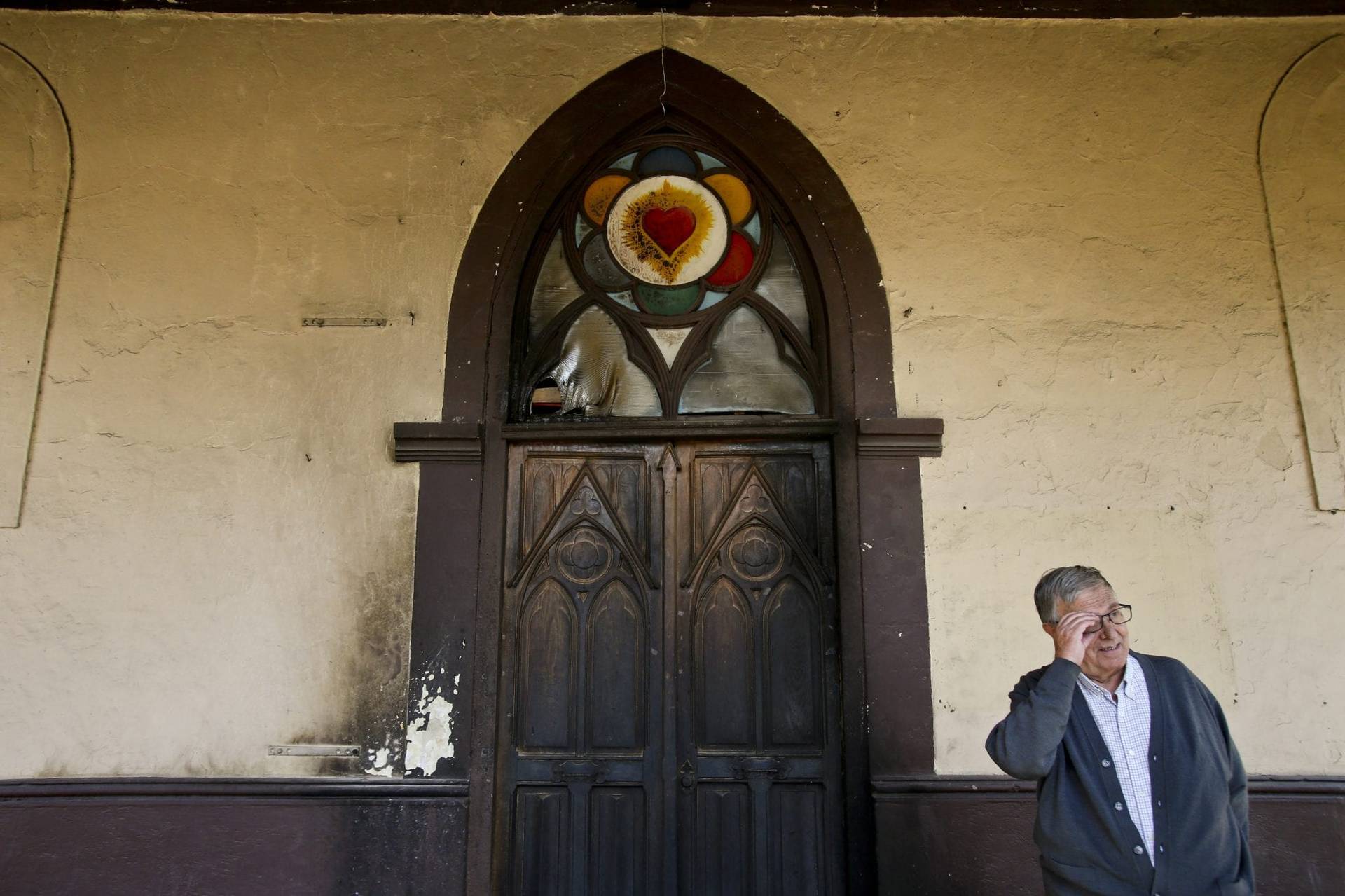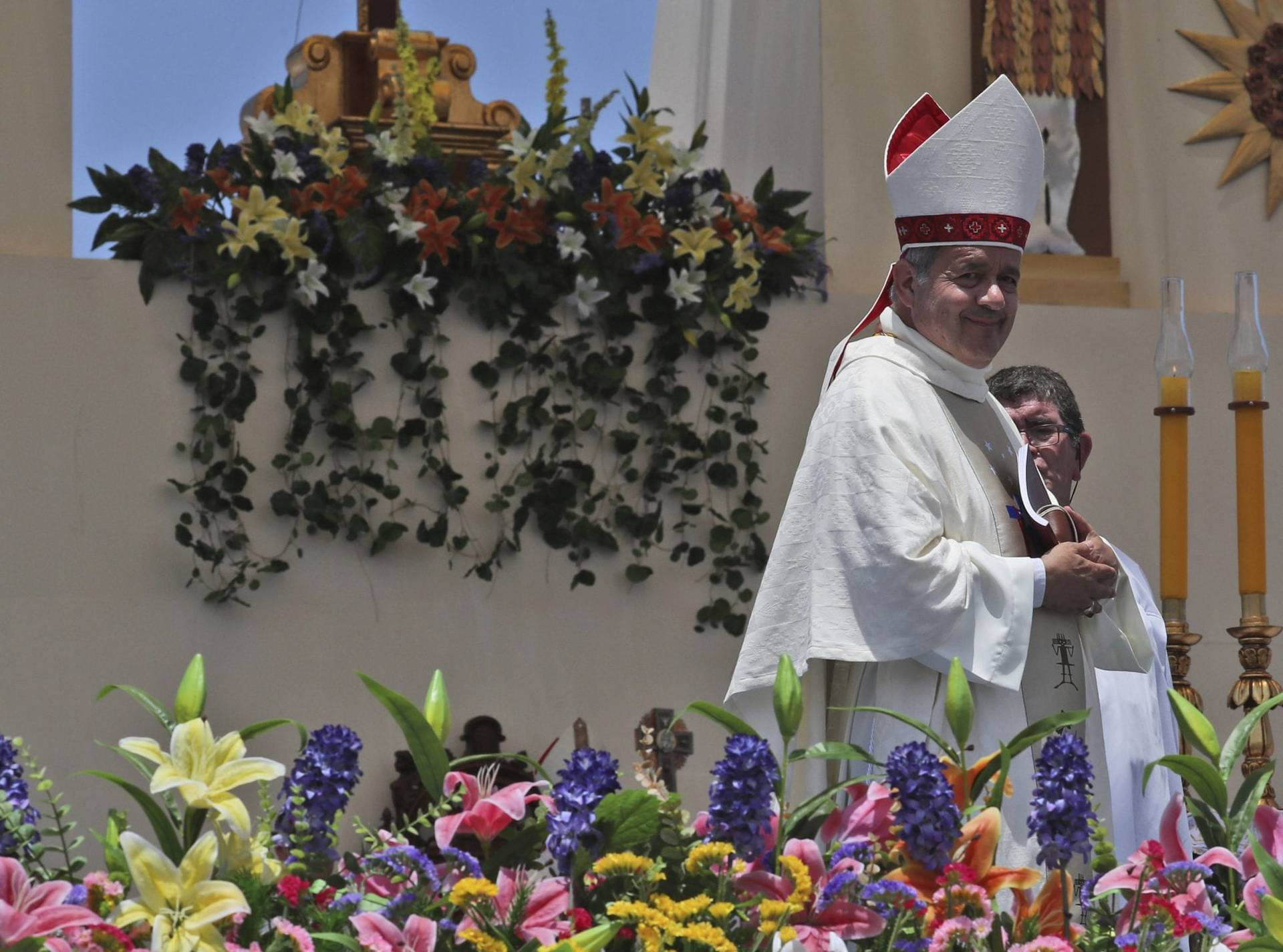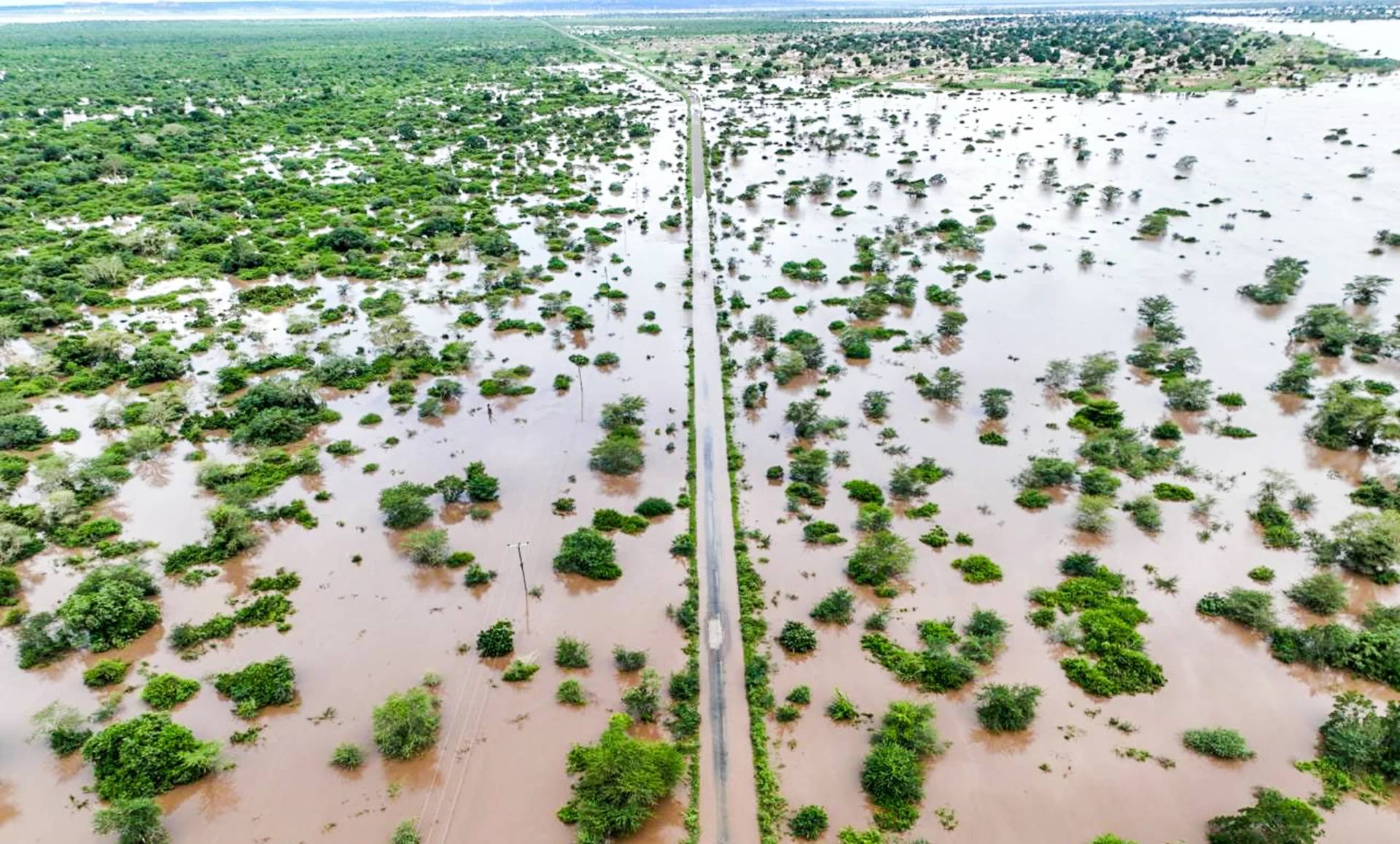SANTIAGO, Chile – In his first public address in Chile, Pope Francis apologized for the “irreparable damage” caused by clerical sexual abuse. In the wake of what he had to say, abuse survivor Peter Saunders, a former member of the Pontifical Commission for the Protection of Minors, wasn’t impressed.
“The pope spoke today about shame, but that isn’t good enough,” Saunders told Crux on the phone. “He could have removed [Bishop Juan] Barros a long time ago, and that would have been a good symbolic move to make. Symbols are as good as words.”
RELATED: Pope opens Chile trip with apology for clerical sexual abuse
The British abuse survivor was referring to a bishop who, as a young man, was a close collaborator of Father Fernando Karadima, a charismatic Chilean priest later found guilty of sexually abusing minors and sentenced by Church authorities to a life of penitence and prayer. Barros has insisted that he didn’t know of those abuses, but when, in 2015, Francis transferred him from Chile’s military chaplaincy to the southern diocese of Osorno, locals were nevertheless outraged, led by three of Karadima’s victims.
Saunders isn’t the only one who’s asking for more than words from the pope when it comes to fighting clerical sexual abuse.
One of Karadima’s victims, Juan Carlos Cruz, said that the pope’s words were another “cheap headline,” and urged the pope to stop asking for forgiveness and begin taking action.
He went to Twitter to say that Francis’s apology was “another good headline that garners applause but ends there. Another cheap headline.”
“The bishops who cover up are still there,” Cruz added. “Empty words. Pain and shame is what the victims feel.”
Cruz took to Twitter a second time as the pope was saying Mass for some 400,000 people in Parque O’Higgins and cameras filmed Barros concelebrating with the pope. Sharing a screen caption of the moment, the survivor said that after his apologies, the pope went to Mass and celebrated with “criminals who cover up abuse such as bishop Barros. Hypocrisy and empty words.”
Anne Barrett Doyle, of BishopsAccountability.org, said that the pope’s words were “strong but very familiar,” and that both Francis and his predecessors have apologized before.
In a statement she praised Francis for opening his visit with the apology instead of “tucking it in later,” but said that if the pope leaves Chile without committing to investigate complicit church leaders, “the public’s distrust of the church will intensify.”
Saunders, an abuse survivor, was in a group of victims of sexual abuse who met the pope in 2014, and soon after, he was tapped to become a member of the commission Francis created to advise him on the protection of minors and young adults. In early 2016 he was asked by the other members to take a leave of absence.
“We talked after that first meeting with Francis, and I came out very hopeful … this is not the conversation I wanted to be having with you today,” he acknowledged on the phone. “I wish we could be talking about the progress that has been made, but I don’t see much of it … the Church seems to be stuck in the past.”
(That earlier conversation with Saunders took place in July 2014, and was published by the Boston Globe. It can be found here.)
In mid-December 2017, days before members’ terms were up, Saunders announced his resignation from the commission. On Dec. 17, the term of the commission members expired, and no continuation nor replacement has yet been announced.
Saunders believes that Francis has said and done “many great things” in favor of migrants, the outcast and the downtrodden. Yet, “on the most important issue, the protection of children, nothing seems to have changed,” he said.
Despite having been abused from the age of 8 until he was 13 by a member of his family, a lay teacher and two priests of the Catholic school he attended, Saunders today doesn’t renounce his Catholic past, saying he was at Mass in Santiago this Sunday.
“I didn’t understand much, because it was in Spanish, but as a Catholic, you know what’s happening,” he said.
It’s perhaps this that makes him more demanding of the Church, even if he knows the problem of sexual abuse of minors is widespread.
“Something has to give, because it’s still happening,” he said. “If the Church doesn’t lead the way, what hope is left? The Church is supposed to be about faith, love and welcoming, not pedophile priests.”
Speaking about the situation in Chile where, he alleged, priests who’ve been convicted of abuse are returned to ministry after their sentence is over, Saunders shared an anecdote of being at a café with a group of people, most of them survivors, talking about what they were planning to do.
“A group of elderly Chileans who were seated at a table close to us told us ‘well done and thank you for trying to restore some dignity into our church’,” he said.
“People are pissed off that these cases keep emerging, and the number of people with incredibly guilty backgrounds continue to minister,” Saunders said.
Among these cases that continue to emerge are the scandals of the Marist brothers, who have at least seven members who’ve allegedly abused some 30 children in the past five decades. A week before the visit, the spokespersons of the institution acknowledged that children had been abused and that the cases had been covered up.
Saunders, who for the past two decades has been working with victims through his London-based group called National Association for People Abused in Childhood, said that he believes the situation in Chile when it comes to cover-up and wrongdoing by Church authorities is the worst one in the world.
He ties this fact to a loss of faith in the Chilean people: “There were far more people greeting Benedict in London than here in Santiago,” he said. “A lot of that is that the people have lost trust.”
When Pope Benedict XVI visited England in 2010, protests were expected ahead of the trip, which ended up being a smashing success, according to press reports from the time.
Saunders has been in Santiago, the Chilean capital, since Friday, working on the creation of a new organization aimed at tackling sexual abuse committed not only by Catholic priests but by clergy of every religion.
“The fact that the Catholic Church is the biggest institution [in Chile], this doesn’t excuse the fact that abuses are being committed in the Anglican church, in synagogues, in mosques,” he said.
Despite his disappointment over what the pope has accomplished on the fight against clerical sexual abuse in the past five years, Saunders is committed to continue working on fighting clerical sexual abuse, and the “thousands upon thousands of good working priests and clergy” are among the reasons he gives. “They’re being led by people who are not doing their job. They have another agenda.”
“I know Christ’s time here was about loving one another, working together and not hurting kids,” the survivor said. “That seems to be lost in the hierarchy.”






